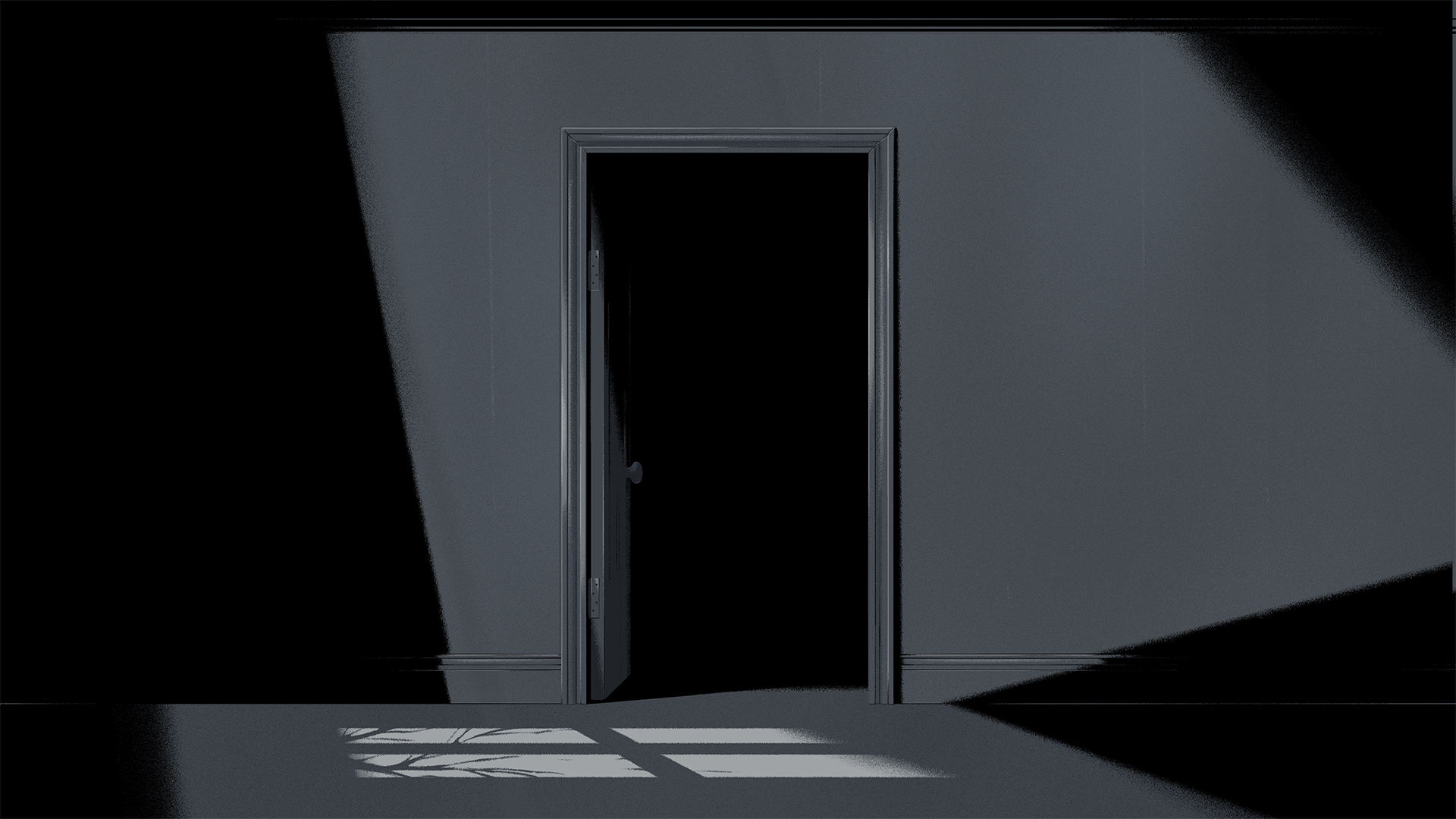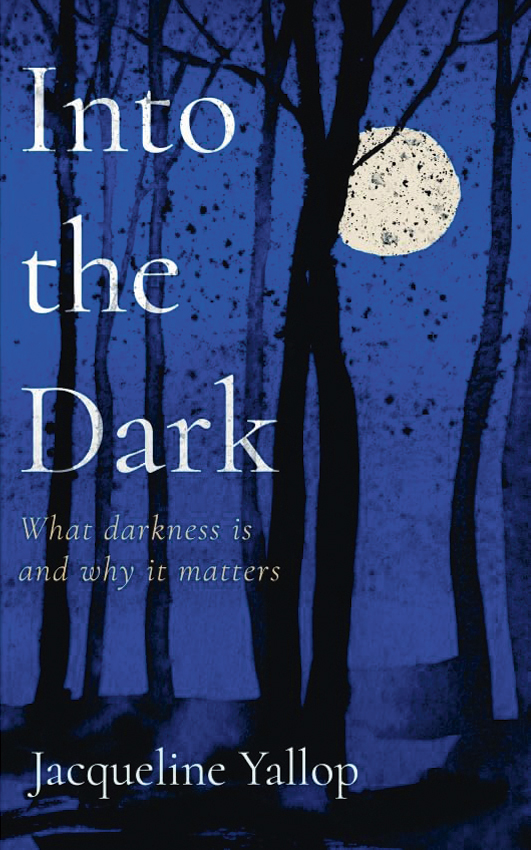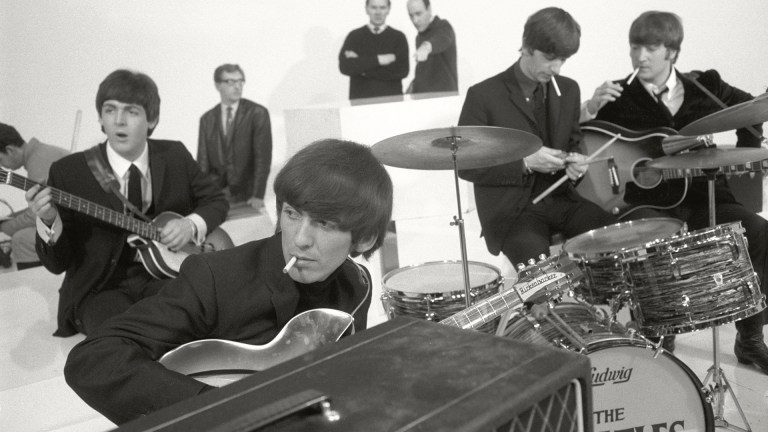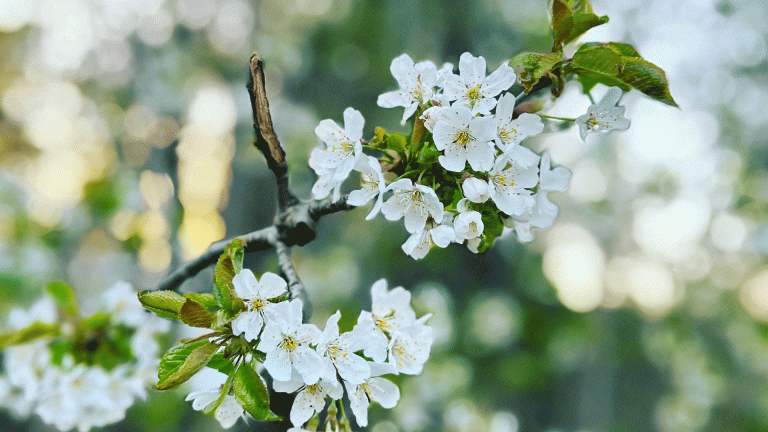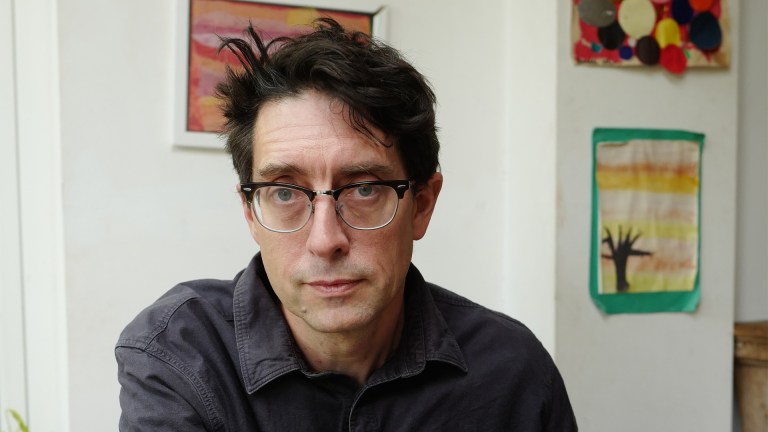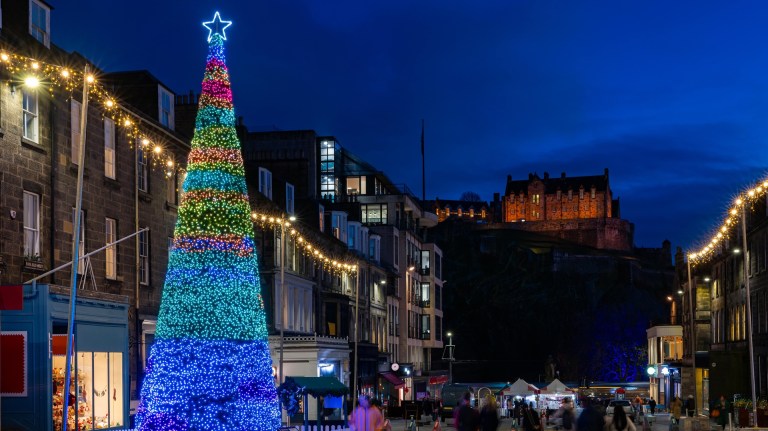I have a distinct memory of first encountering the proper dark. I was about seven or eight years old and on holiday with my parents. We were staying in an isolated farmhouse in the Lake District and I was put to bed in a small back room. The light was switched off, the door closed, Mum and Dad went away, and there was nothing. For the first time, nothing. I held my hand in front of my face and it wasn’t there. Swish, wave, fist, nothing. This was my first memorable experience of what darkness could be. It was now real to me.
As I grew older, I began to enjoy night-time walks. I liked to lie on my back and study the stars. But
darkness remained a kind of aside. It didn’t really matter.
Then a couple of years ago, my dad became ill with dementia. When he arrived home after a stay in hospital, his relationship to the dark, as to much else, had changed. He had become attuned to darkness, newly alert to shadow. The boundaries between light and dark perplexed and disorientated him. And watching Dad had an effect on me too, taking me back to the farmhouse bedroom.
For him now, as for me then, this was a raw, demanding dark, strange and tangible. Seeing his fascination and fear, I became newly aware of darkness and what it might be. I had questions: What does it mean to experience the dark? What even is the dark? Writing Into the Dark was an attempt to find some answers.
I began by considering how our eyes perceive darkness and how our brains process it. I explored experiments in outer space, tracking dark matter and dark energy, and reading accounts of being deep underground in cave systems which showed how our bodies respond when they’re forced to exist without light.
- Why goth captures the spirit of our age
- Biologist Beth Shapiro’s top 5 books about humans and nature
Much of this science suggests that darkness is just an absence, a state of non-light, a deficiency. But most of us would say we know what darkness looks like. We feel it like a presence and know, in turn, how it makes us feel. Which creates a puzzle that has intrigued philosophers for centuries and been a source of fascination to poets, writers, artists and filmmakers.
